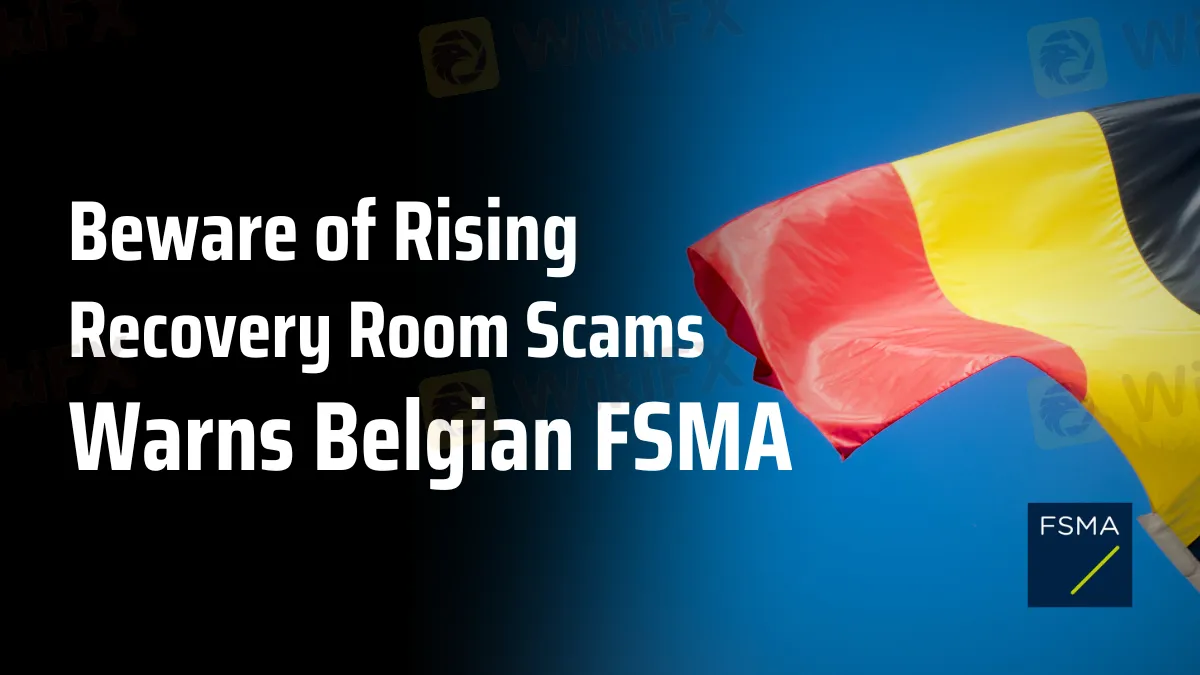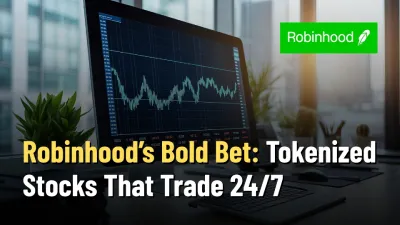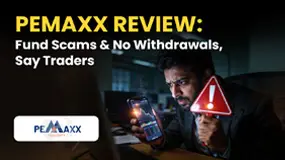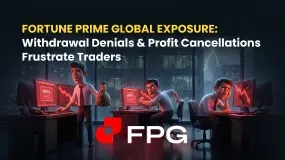Abstract:Belgium's FSMA alerts the public to recovery room fraud, where scammers posing as professionals offer fake aid to recover losses from investment fraud.

The FSMA, Belgium's financial services and markets authority, has issued a public warning on recovery room fraud. The perpetrators of this kind of scam subtly assert their ability to assist victims of investment fraud in recouping their financial losses or reclaiming stolen cash.
What is “Recovery Room Scam?”
Recovery room scams are focussing their attention more and more on individuals. Here is when con artists contact investors who have lost money on investments or have been conned and promise to assist them recover it for a one-time payment.
Either a bogus explanation or none at all is provided on how money will be reclaimed. This may be done by pretending to be us or by claiming to collaborate with the police, government, or other regulator to get back any money that has been misplace. Generally speaking, before providing any services to recoup any consumer's losses, recovery rooms demand a fee or transaction charge.
Meanwhile, these con artists usually make phone or email contact with potential victims. The FSMA has noted, meanwhile, that sometimes people come upon these phony “recovery rooms” when using social media or the web. To seem official, these con artists often pose as respectable companies such as accounting firms, legal offices, police agencies, or financial regulators. They even go as far as to increase their credibility by utilizing the names of actual businesses or governmental organizations.

Either a bogus explanation or none at all is provided on how money will be reclaimed. This may be done by pretending to be us or by claiming to collaborate with the police, government, or other regulator to get back any money that has been misplace. Generally speaking, before providing any services to recoup any consumer's losses, recovery rooms demand a fee or transaction charge.
These recovery room scams operate by charging victims money upfront while claiming to be paying for taxes, legal fees, and administrative charges. These unfounded accusations are a defining feature of the con. Sometimes the con artists want only remote access to the victim's computer in exchange for what seem to be free services. This enables them to download malware or get hold of private financial data.
To further increase the financial risks, victims are sometimes requested to create and activate wallets on cryptocurrency sites. Sadly, victims have little to no opportunity to get their money back once the con artists have taken money or stolen personal information.
The public is advised to be cautious and avoid interacting with FSMA-identified firms that are operating unlawfully. Among them are Apag-Audit AG, Claim Justice, Crypto Conduct Authority, and numerous more operating under the cloned firm names Etoro (Torocoin) and FXVC. Globalgetback.com, ifp.center, and trading-center.co were among the websites specifically identified as deceptive.
This alert draws attention to a concerning pattern where fraudsters—either the same or different—often prey on victims of first investment scams. Sometimes the initial fraudsters sell the victims' contact details to other con artists who try the recovery room scam.
The FSMA warns against responding to any unsolicited proposals that guarantee the return of lost investment money. People who have before been victims of investment fraud are especially advised to exercise caution since they will probably be the target of it again. The agency's ongoing efforts to uncover and stop fraudulent activity are aimed at protecting its customers from further financial harm.











